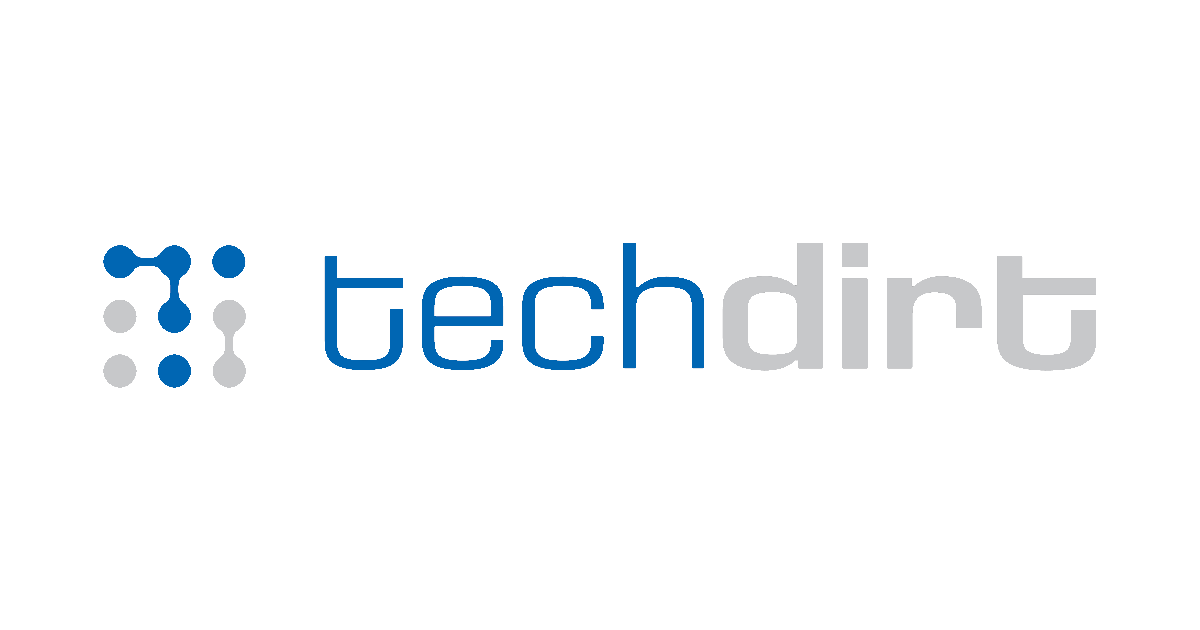The thing is, TikTok is not merely speech. It is software. As such, it also instructs people’s hardware to do whatever ByteDance chooses, and does so in secret, since it is not built from source code by the people whose devices it controls. This important detail goes beyond communications; it also makes possible various kinds of foreign surveillance, election interference, etc, and these things have become a real threat to democracies lately.
This overlap of free expression (“speech”) and software-as-espionage-tool is relatively new compared to the US Constitution, so it should be no surprise that First Amendment protection here is questionable.
One possible solution: Don’t ban TikTok, but require its source code to be released to both users and qualified domestic reviewers, and only allow distribution of builds that were verifiably made from that reviewed source code. Even this wouldn’t be perfect, since back doors can be designed into software and remain undetected even when the source code is visible. It would at least bring the app/service more in line with “speech”, though.
You’re not wrong, but none of that is specific to TikTok.
I would welcome open source code for all the software that we allow to run on our devices, but let’s not pretend they’re all equivalent. It’s likely that sensible reason lies behind the focus on TikTok and a few other specific companies. Probably related:
The same could be said for every other proprietary application.
But TikTok, for the most part, is not an app. Mostly it’s just another corporate social media website, like Facebook, YouTube, 𝕏itter, etc. The app versions of these are mostly just a thin wrapper around the website.
I think a key fact is rather downplayed in the article: the first amendment applies to Americans not non-Americans. While Americans use TikTok, it is owned and run by a non-american entity so it is not afforded the protections of the first amendment.
The district courts ruling was that the government had acted to protect freedom of speech from a foreign adversary by banning TikTok. Essentially arguing that this is not breaching the first amendment as the intention is not to abridge freedom of speech but rather protect it.
I can see both sides of this debate but I think the article is probably right - the intention is probably irrelevant as it is defacto abridging the freedom of speech of the american users who will lose access to the platform.
And as others have said the real solution may have been proper privacy laws in the US that stop all tech companies farming and selling users data. But the US companies don’t want that and neither seemingly does the US government - they seem to not mind US companies abusing their citizens, it’s only when it’s foreign governments that it’s wrong.
it is owned and run by a non-american entity so it is not afforded the protections of the first amendment.
What? Where does the First Amendment say that or where has a court interpreted it that way before?
Undermining the first amendment is the exact point.
It’s not enough to, as Meta is not coincidentally doing, normalize right-wing lies and hatred - it’s also going to be necessary, if the right is to win the proxy war they’re fighting on the behalf of their moneyed class puppet masters, to shut down left-wing media entirely. But that pesky first amendment gets in the way.
And this is a significant incremental step toward overcoming that obstacle.



